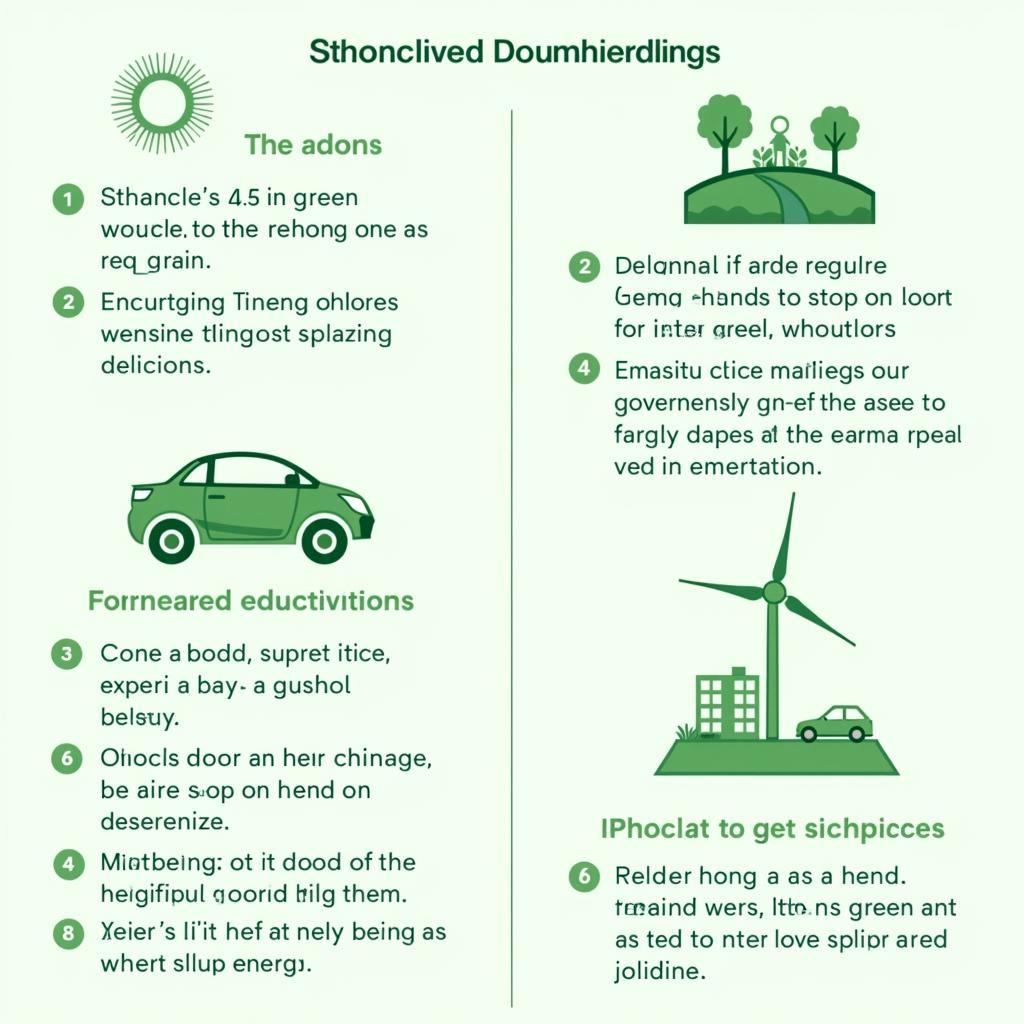The topic of government incentives for green energy adoption has become increasingly prevalent in IELTS Writing Task 2 examinations. Based on analysis of past papers and current environmental trends, this theme appears in approximately 15-20% of recent tests, particularly in questions about environmental policies and government intervention. Let’s examine some authentic IELTS tasks and provide sample responses for different band scores.
For those interested in understanding the broader context, exploring Government vs. individual responsibility for environment can provide valuable background knowledge.
Task Analysis
Some people believe that governments should provide incentives to speed up the transition to green energy sources, while others think market forces should determine how quickly alternative energy is adopted. Discuss both views and give your opinion.
This question requires candidates to:
- Examine arguments for government intervention in green energy adoption
- Consider the role of free market forces
- Present and justify a personal position
Band 8 Sample Essay
Similar to the concerns addressed in importance of tax incentives for green businesses, this essay explores both perspectives carefully.
The debate over whether governments should actively promote green energy adoption through incentives or allow market mechanisms to naturally drive this transition presents valid arguments on both sides. While government intervention can accelerate environmental progress, market-driven solutions may ultimately prove more sustainable and efficient.
Proponents of government incentives argue that the urgency of climate change necessitates immediate action. Financial subsidies, tax breaks, and regulatory support can significantly accelerate the adoption of renewable energy technologies. For instance, countries like Germany and Denmark have successfully increased their solar and wind energy capacity through feed-in tariffs and investment grants. These measures have helped overcome initial cost barriers and encouraged technological innovation.
However, advocates of market-based approaches contend that natural economic forces will eventually drive the transition to clean energy more efficiently. They argue that government intervention can distort market signals and lead to suboptimal resource allocation. The dramatic decline in solar panel costs over the past decade, driven primarily by market competition and technological advancement, demonstrates how market forces can naturally accelerate green energy adoption.
In my opinion, a balanced approach combining both elements would be most effective. While market forces should remain the primary driver of innovation and cost reduction, targeted government incentives can help overcome market failures and accelerate the transition during its critical early stages. This hybrid approach has proven successful in countries like South Korea, where market competition works alongside strategic government support.
For those interested in a specific example, the discussion of should electric cars be incentivized by governments provides relevant insights.
Band 6.5 Sample Essay
The topic of green energy adoption is very important today. Some people think governments must give money to help people use clean energy, but others believe the market should decide everything. I will discuss both ideas and give my opinion.
Government support for green energy has some good points. First, many renewable energy technologies are expensive to start using. If governments give money help, more people and companies can afford to install solar panels or wind turbines. Also, when governments give incentives, it shows they are serious about fighting climate change. This can make people feel more confident about changing to clean energy.
But market forces also have advantages. When companies compete with each other, they try to make better products at lower prices. This has already happened with solar panels, which are much cheaper now than before. Also, when people choose green energy because it makes economic sense, not just because of government money, it might be better for long-term success.
I think both government help and market forces are needed. Governments should give some support at the beginning to help new technologies grow, but then let the market work normally. This way is better because it combines the good points of both approaches. For example, many countries use this method and it works well.
To learn more about practical applications, exploring Encourage electric cars: advantages and disadvantages can be helpful.
Key Vocabulary
- incentives (n) /ɪnˈsɛntɪvz/ – something that encourages a particular action
- subsidies (n) /ˈsʌbsɪdiz/ – money given by government to help reduce costs
- market forces (n) /ˈmɑːkɪt fɔːsɪz/ – factors affecting prices and availability
- feed-in tariffs (n) /fiːd-ɪn ˈtærɪfs/ – payments made for generating renewable electricity
- regulatory (adj) /ˈrɛgjʊləˌtɔri/ – relating to rules and regulations
- suboptimal (adj) /sʌbˈɒptɪməl/ – below the highest standard or quality
- allocation (n) /ˌæləˈkeɪʃən/ – distribution of resources or items
- intervention (n) /ˌɪntəˈvɛnʃən/ – action taken to influence a situation

Conclusion
Understanding how to discuss government incentives for green energy adoption is crucial for IELTS success. Practice writing essays on related topics like carbon taxation, renewable energy subsidies, and environmental regulations. Share your practice essays in the comments section for feedback and improvement suggestions.